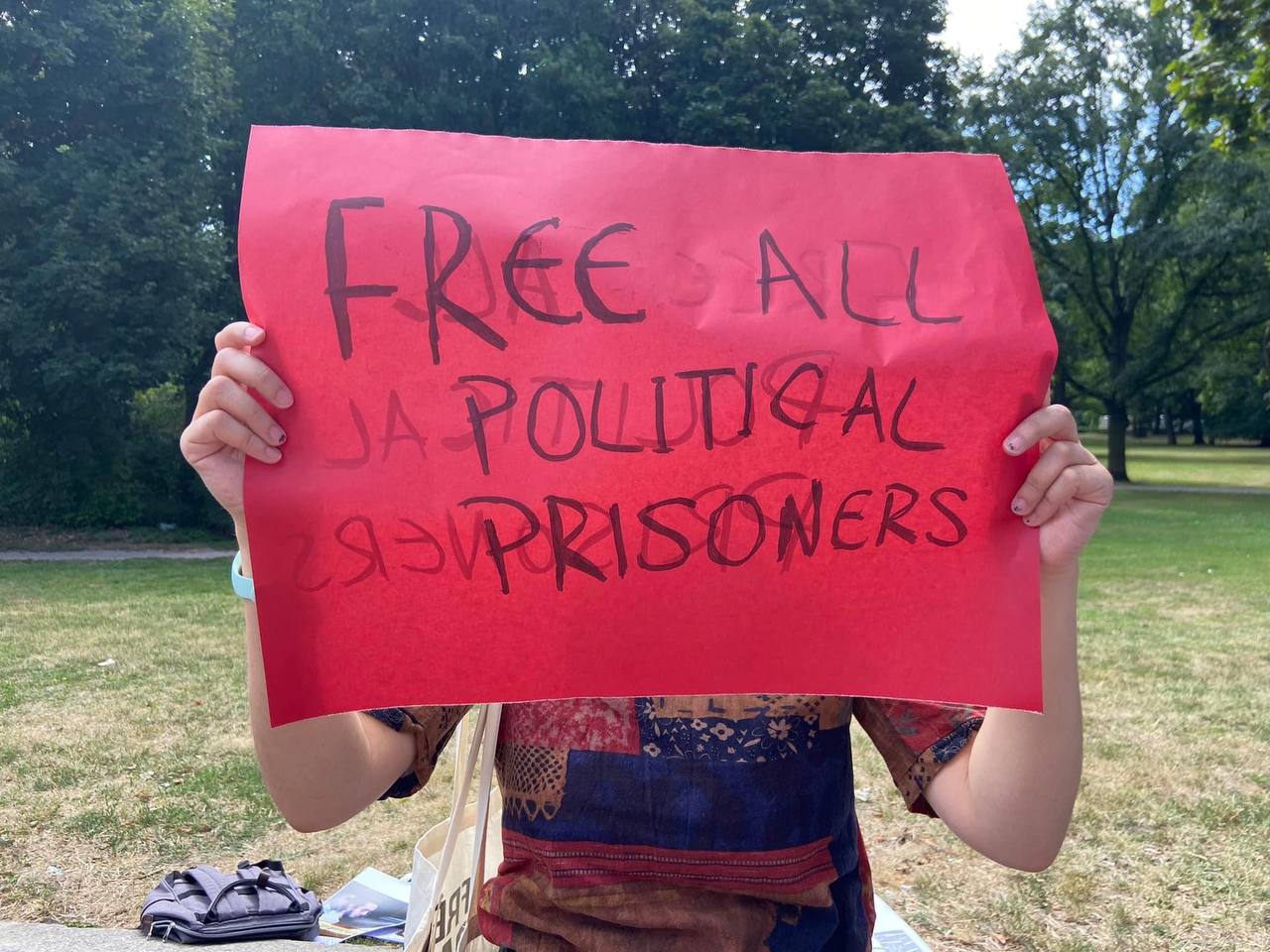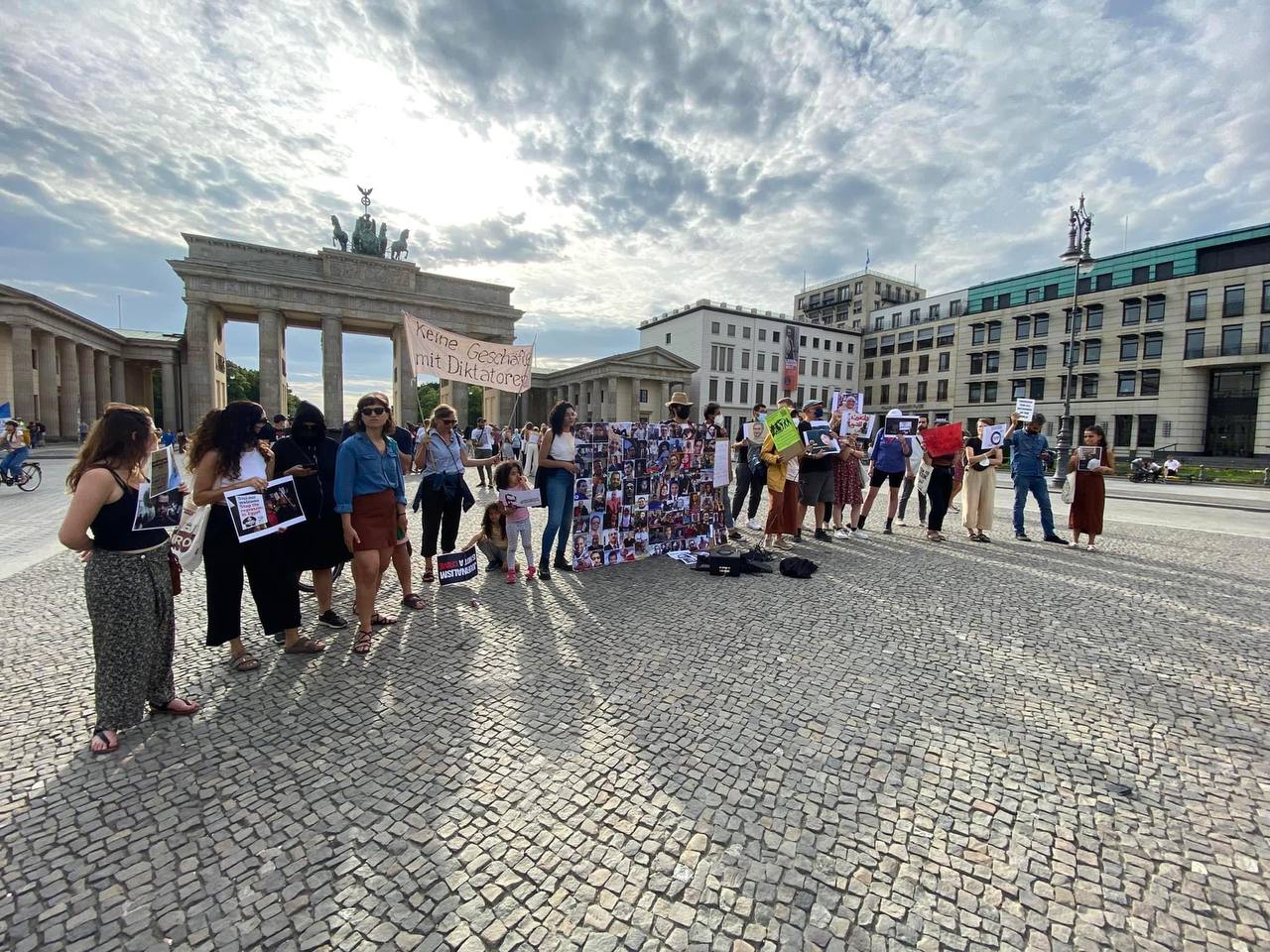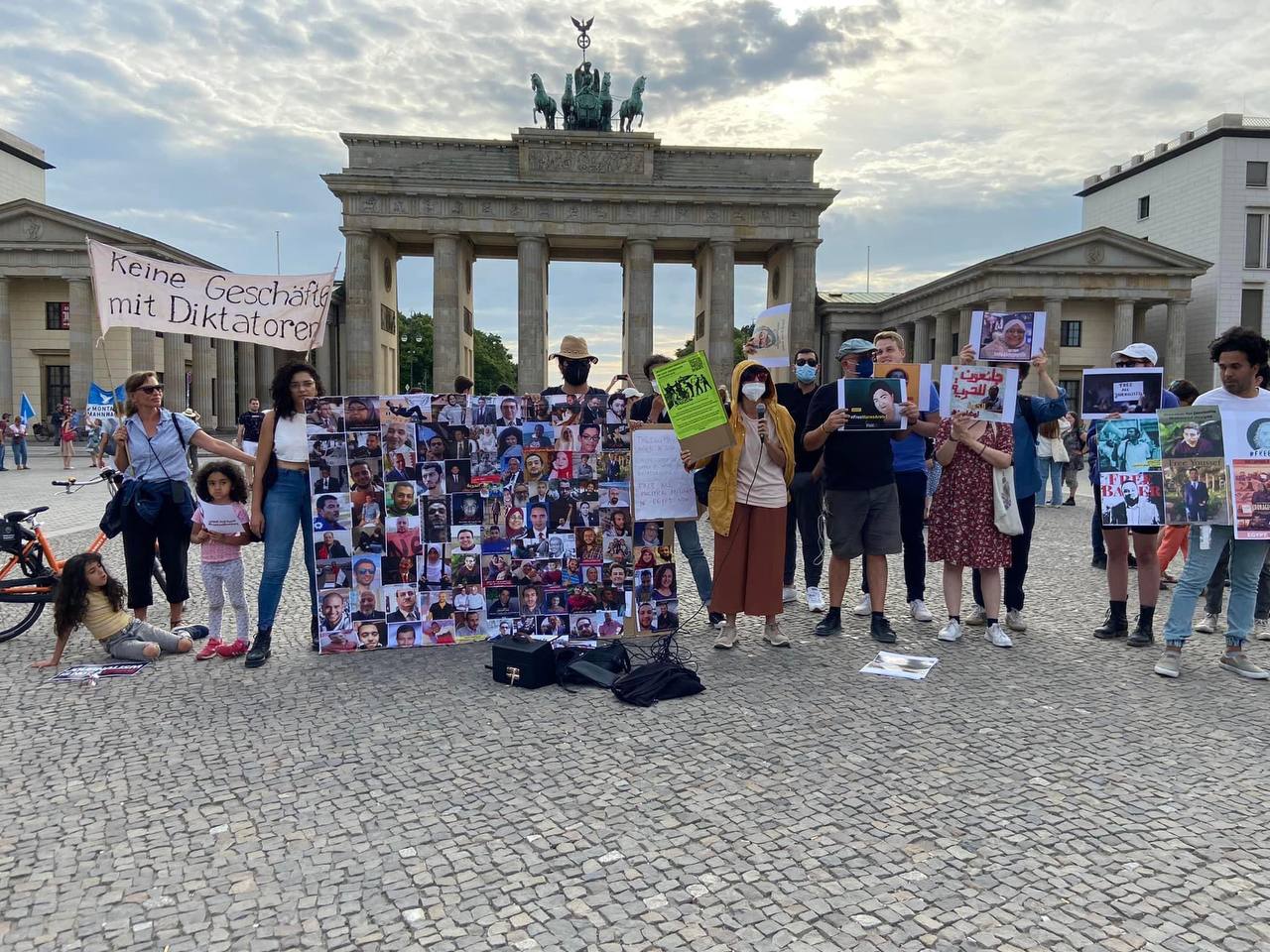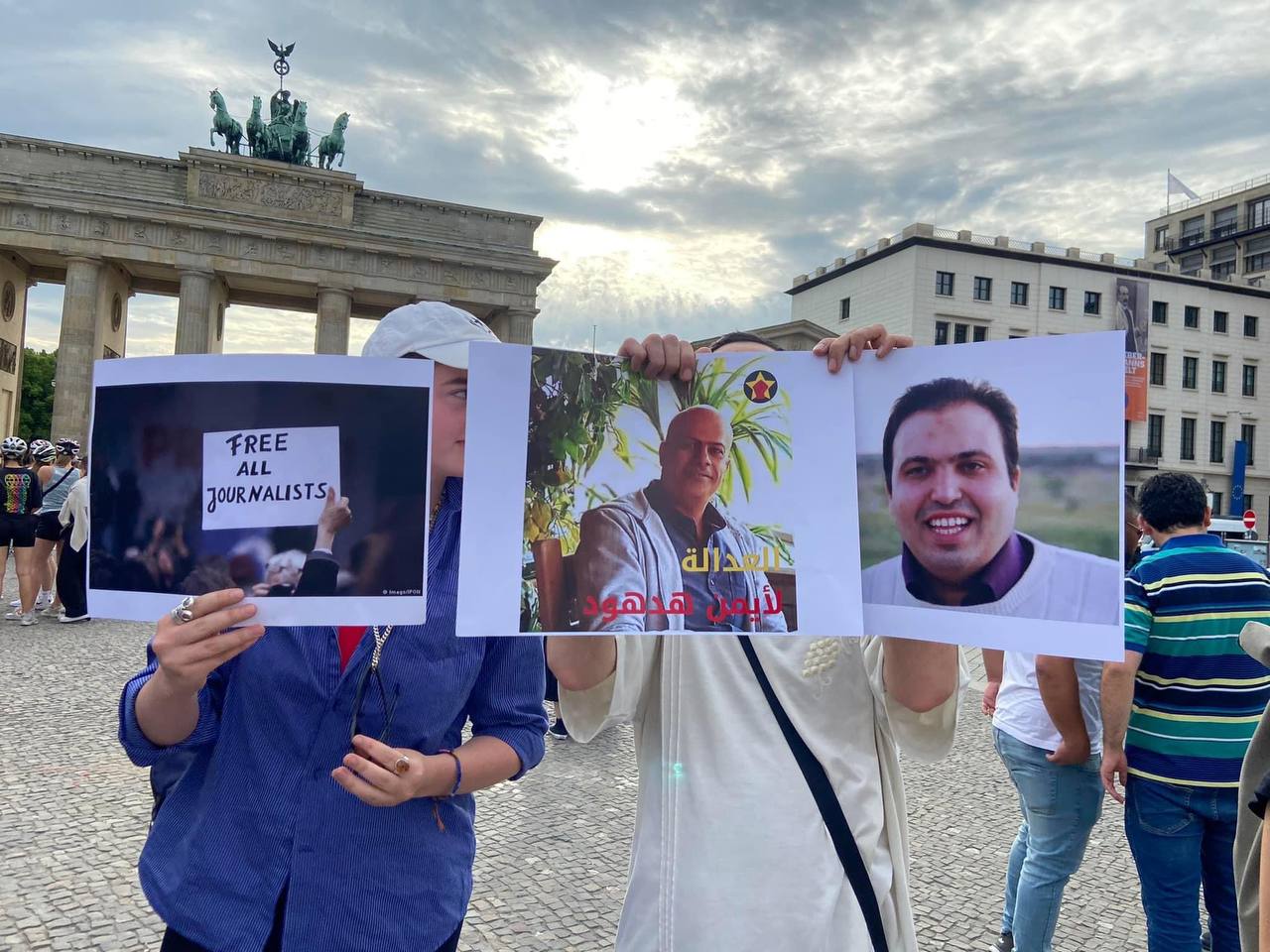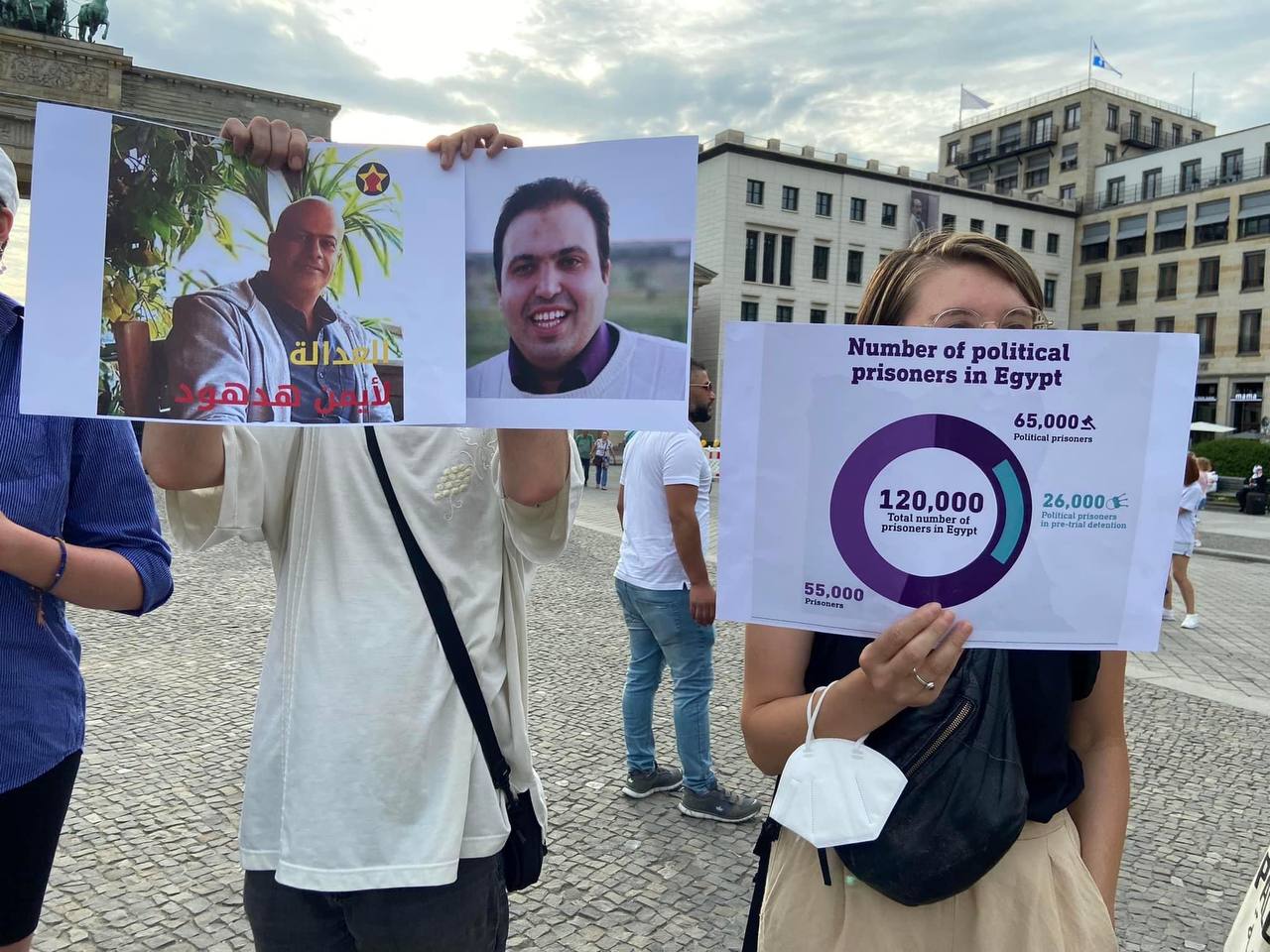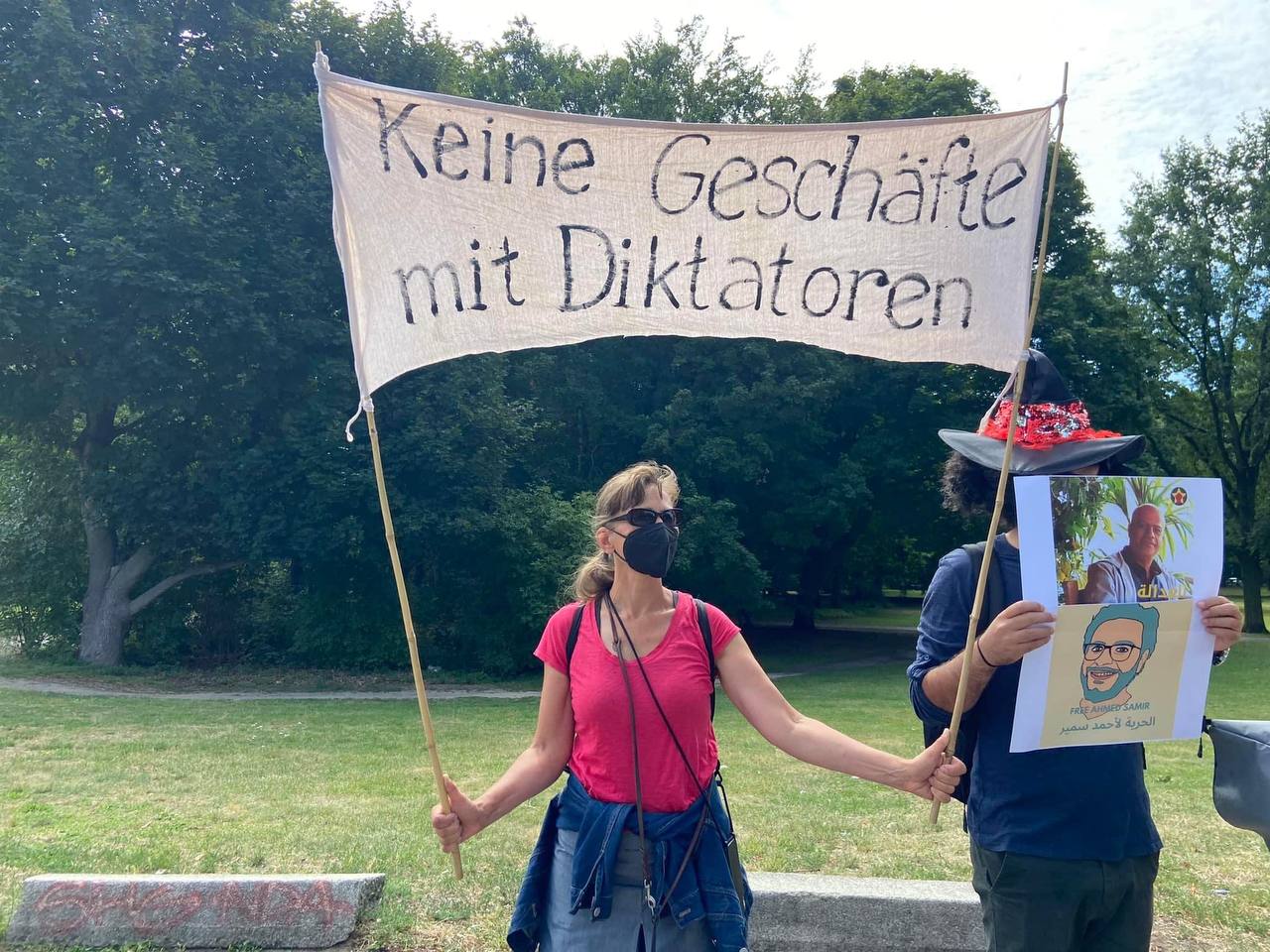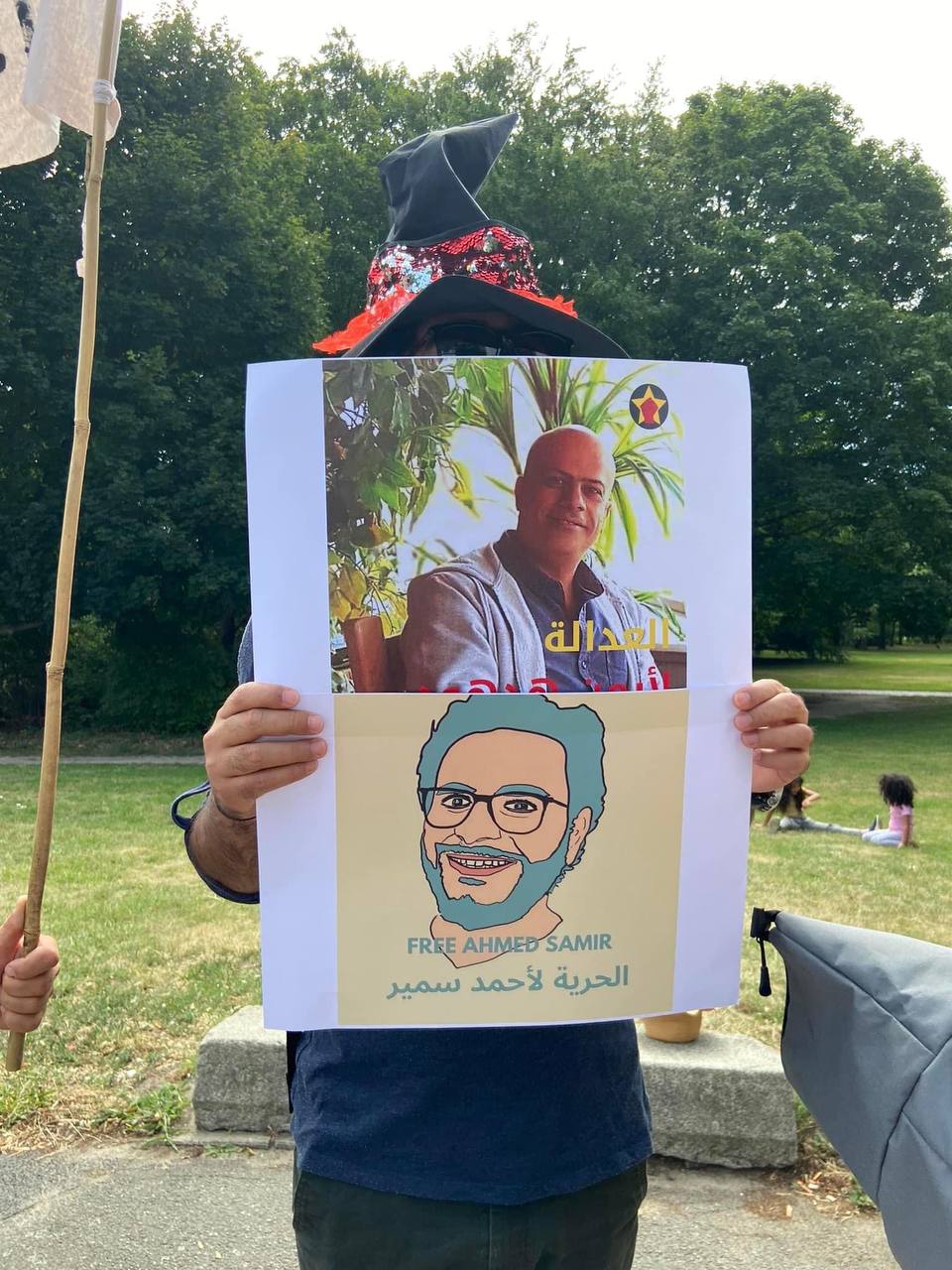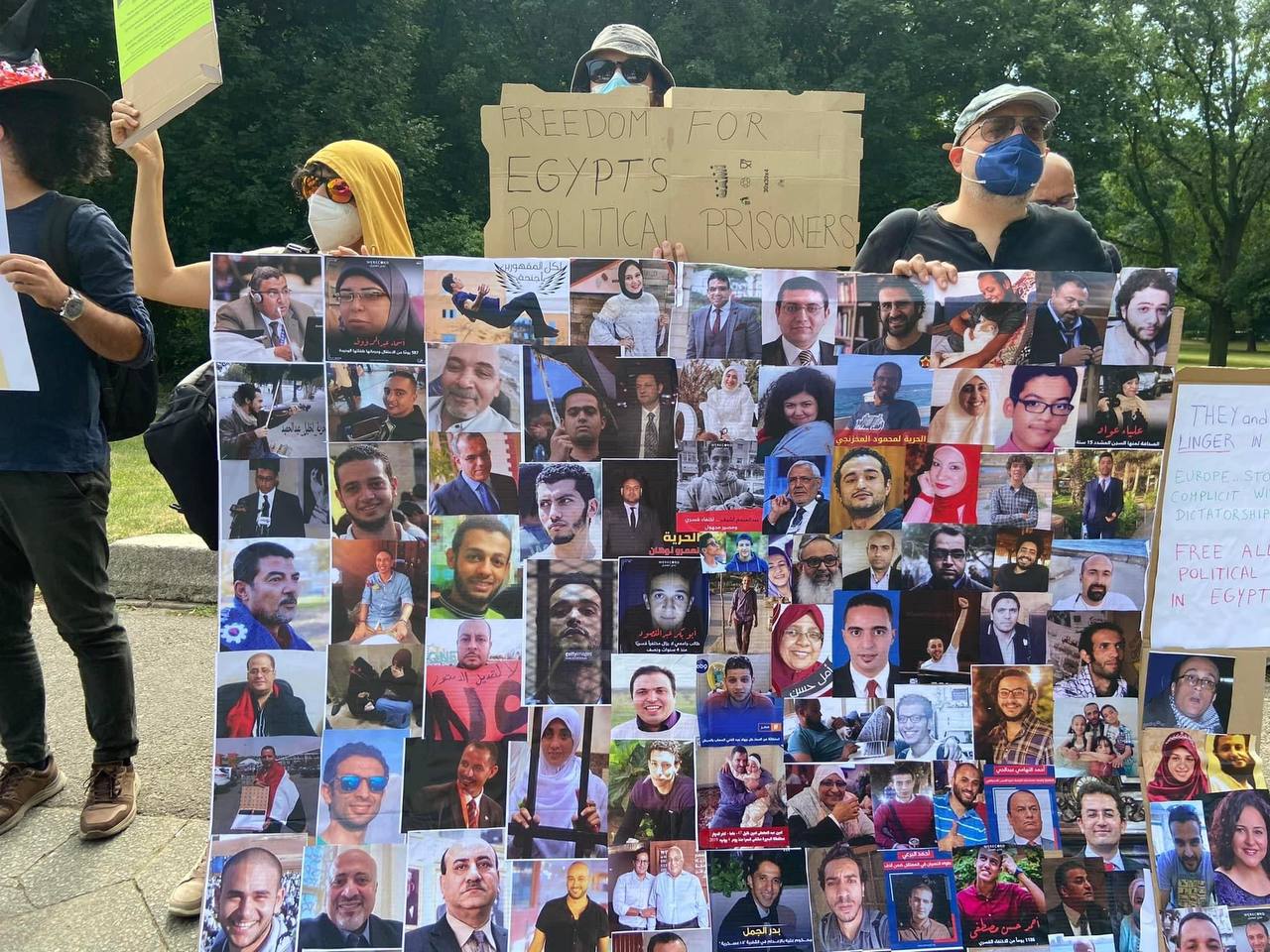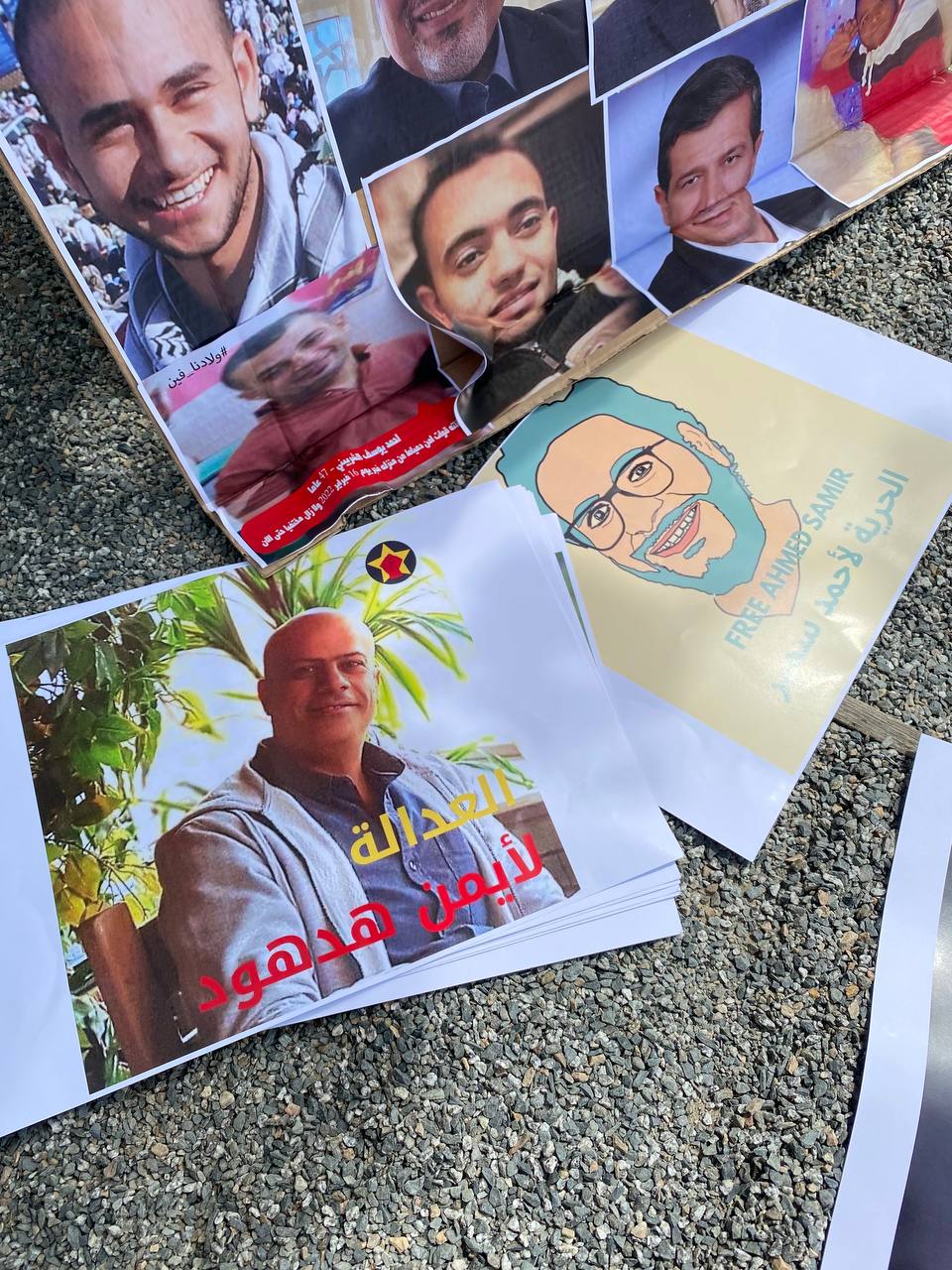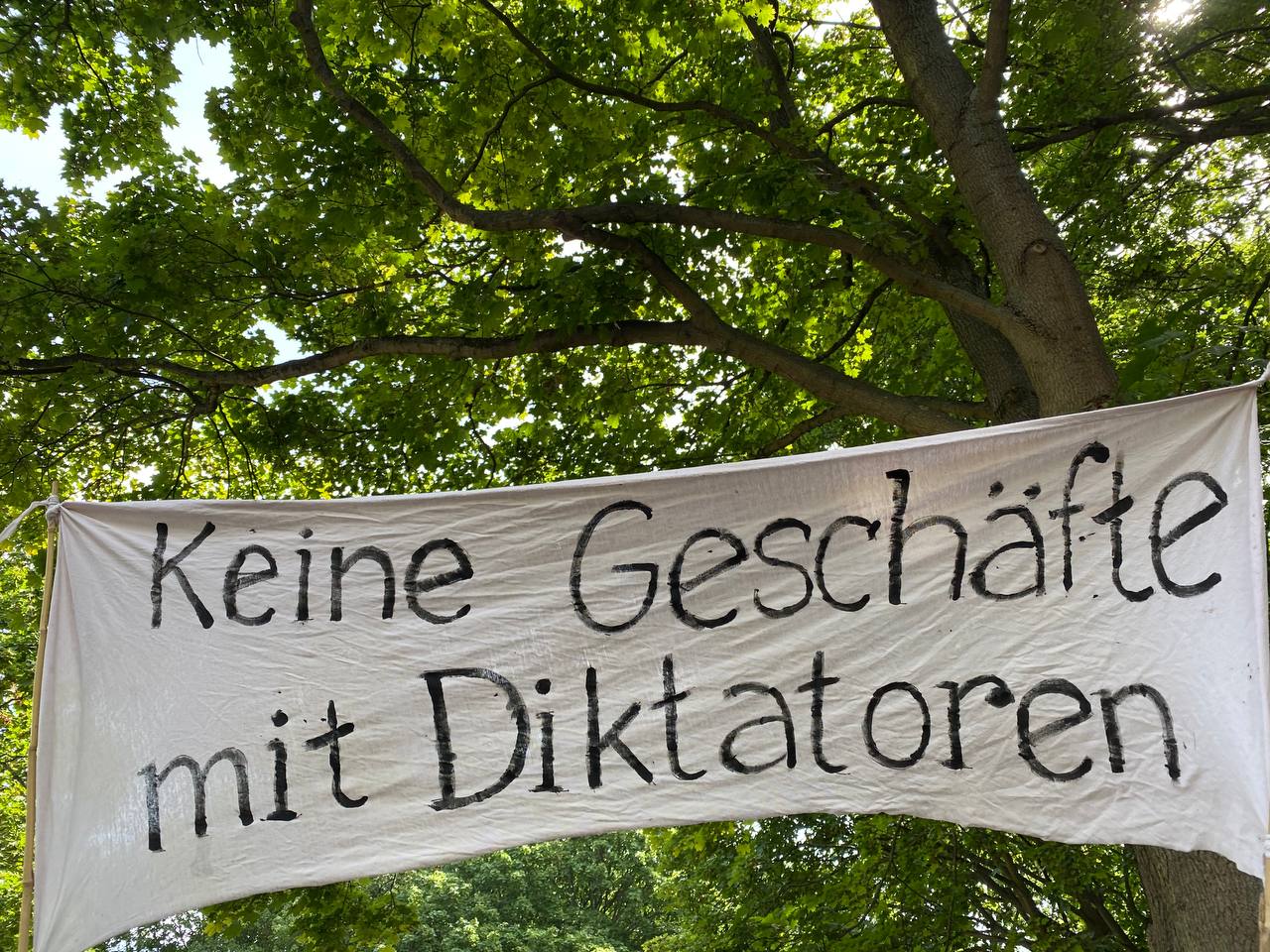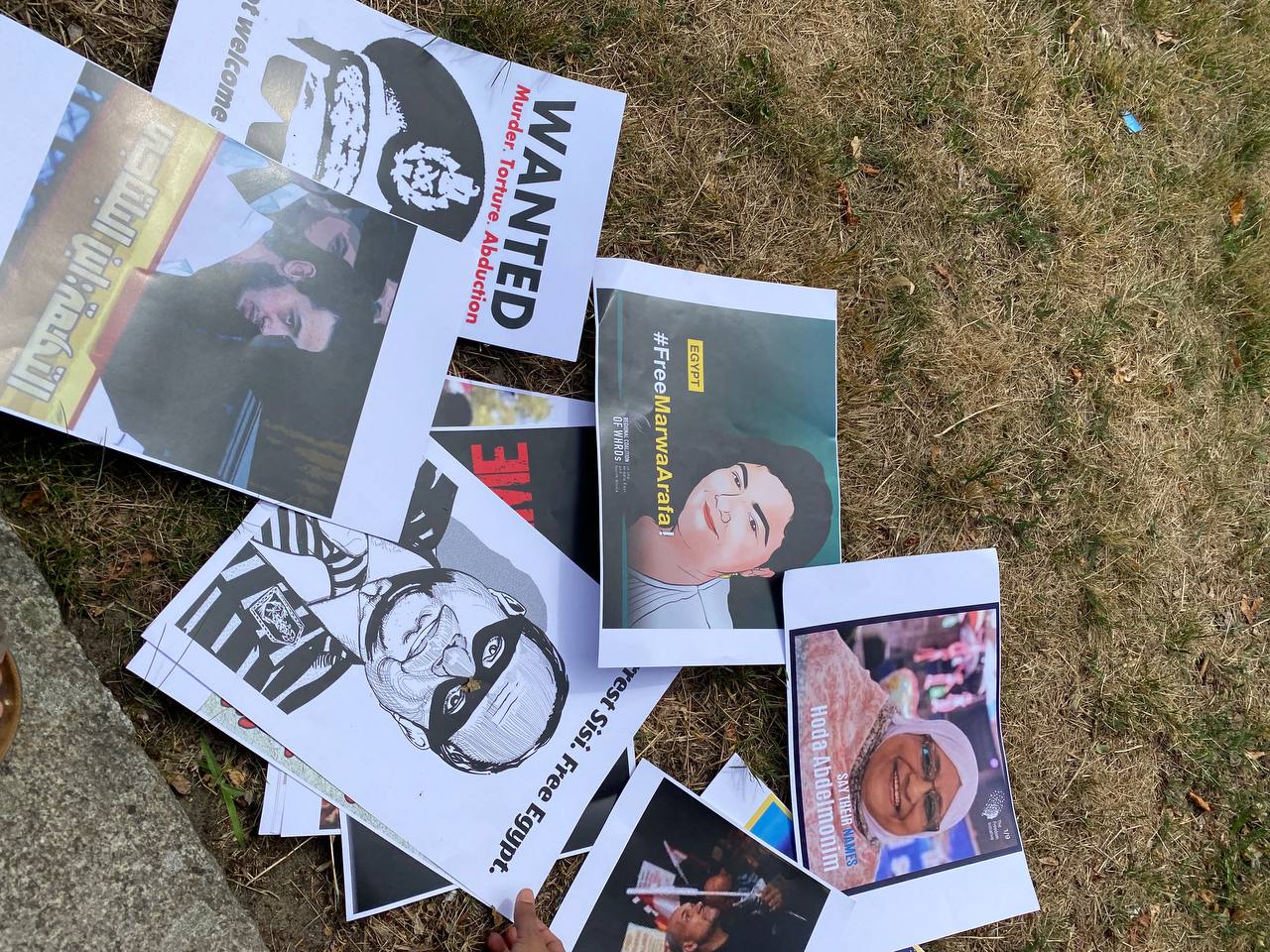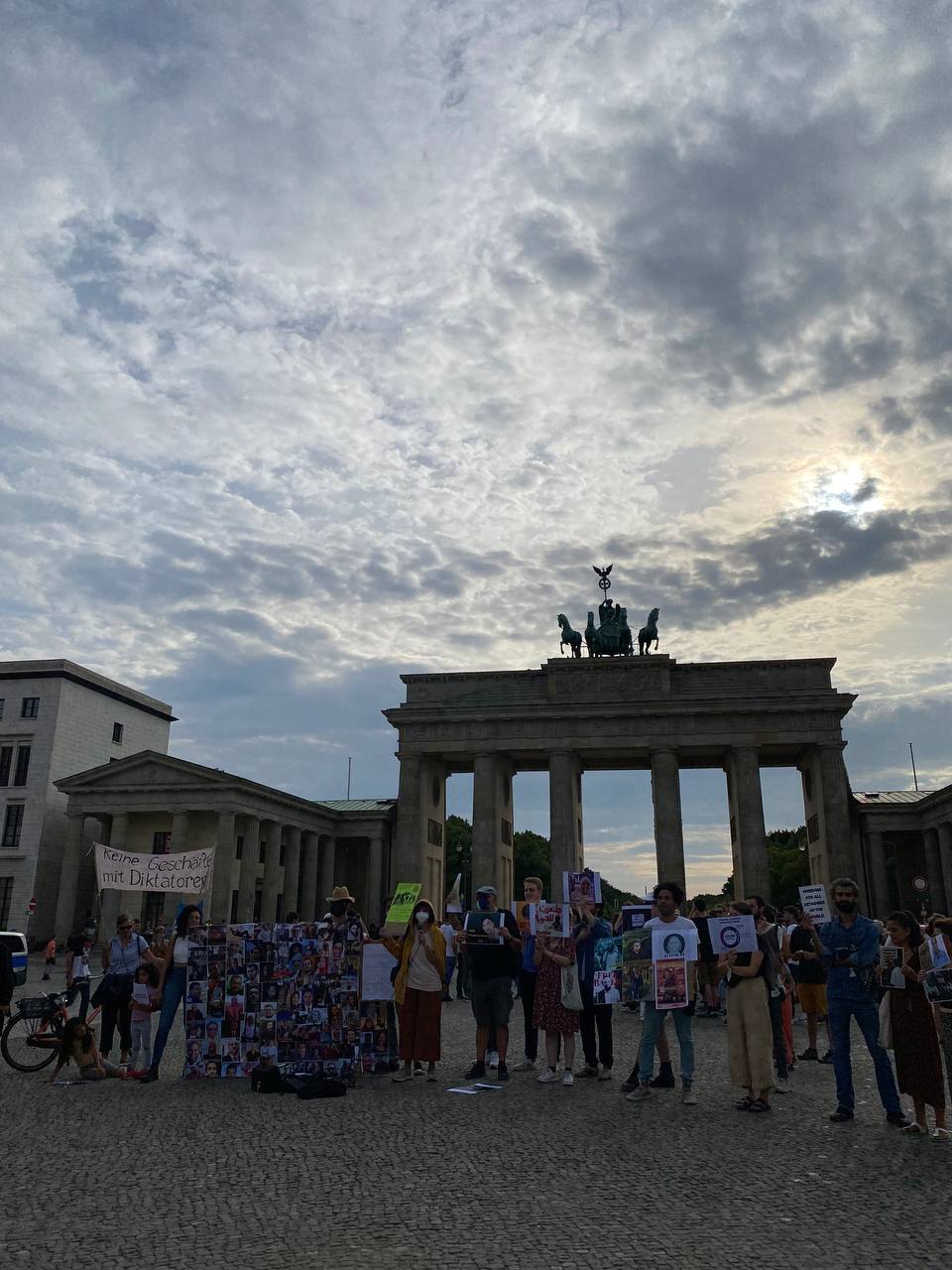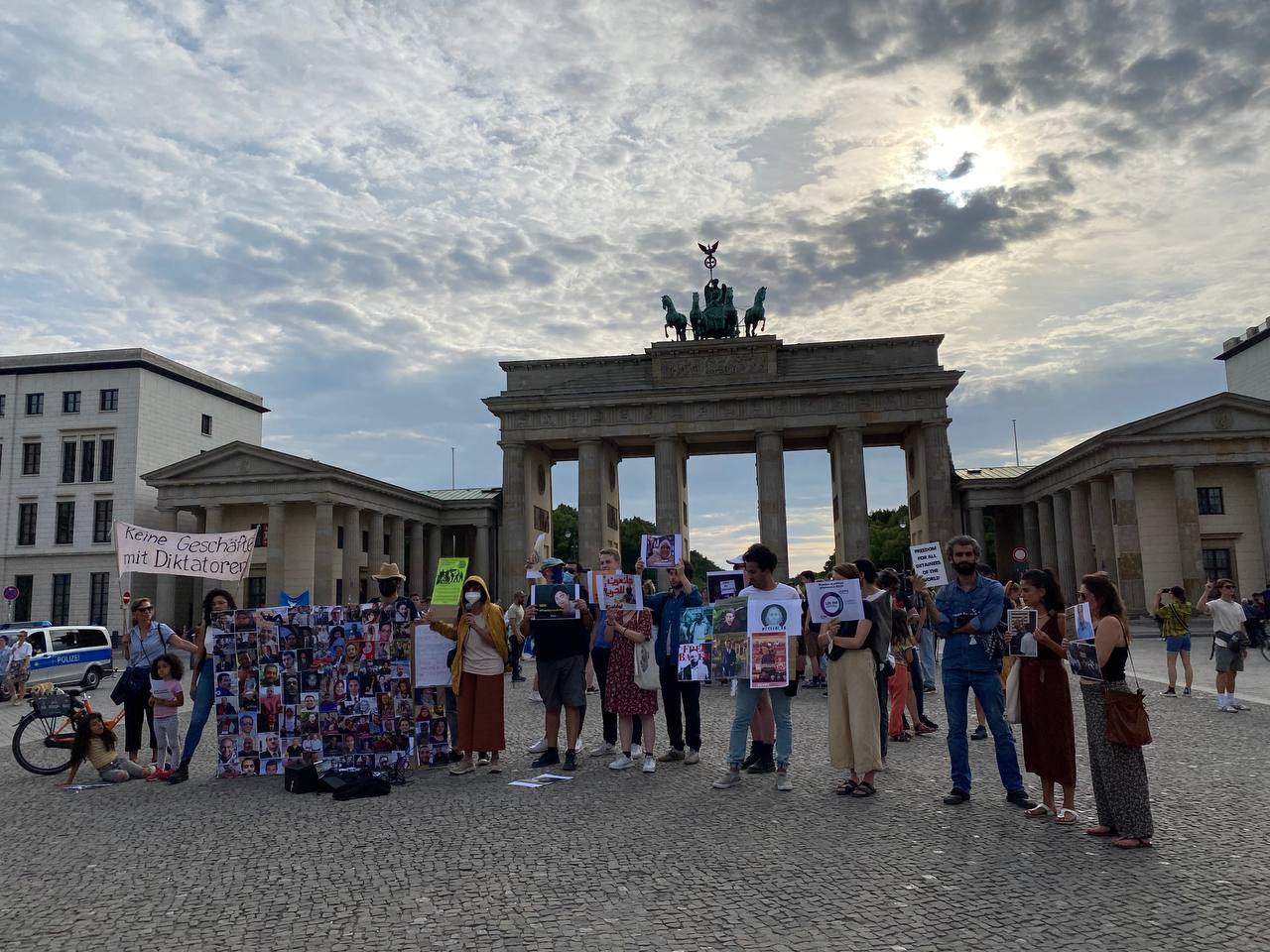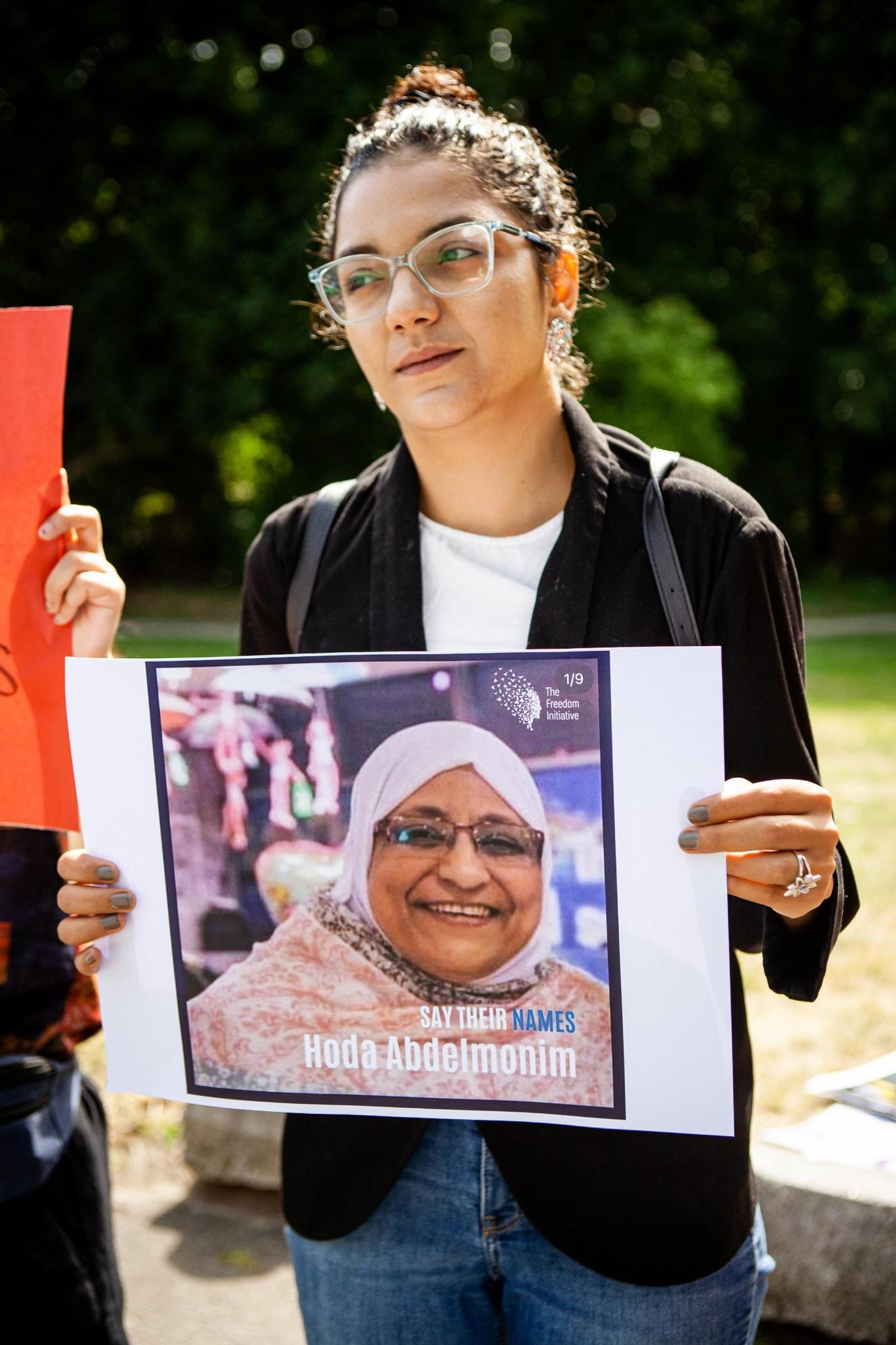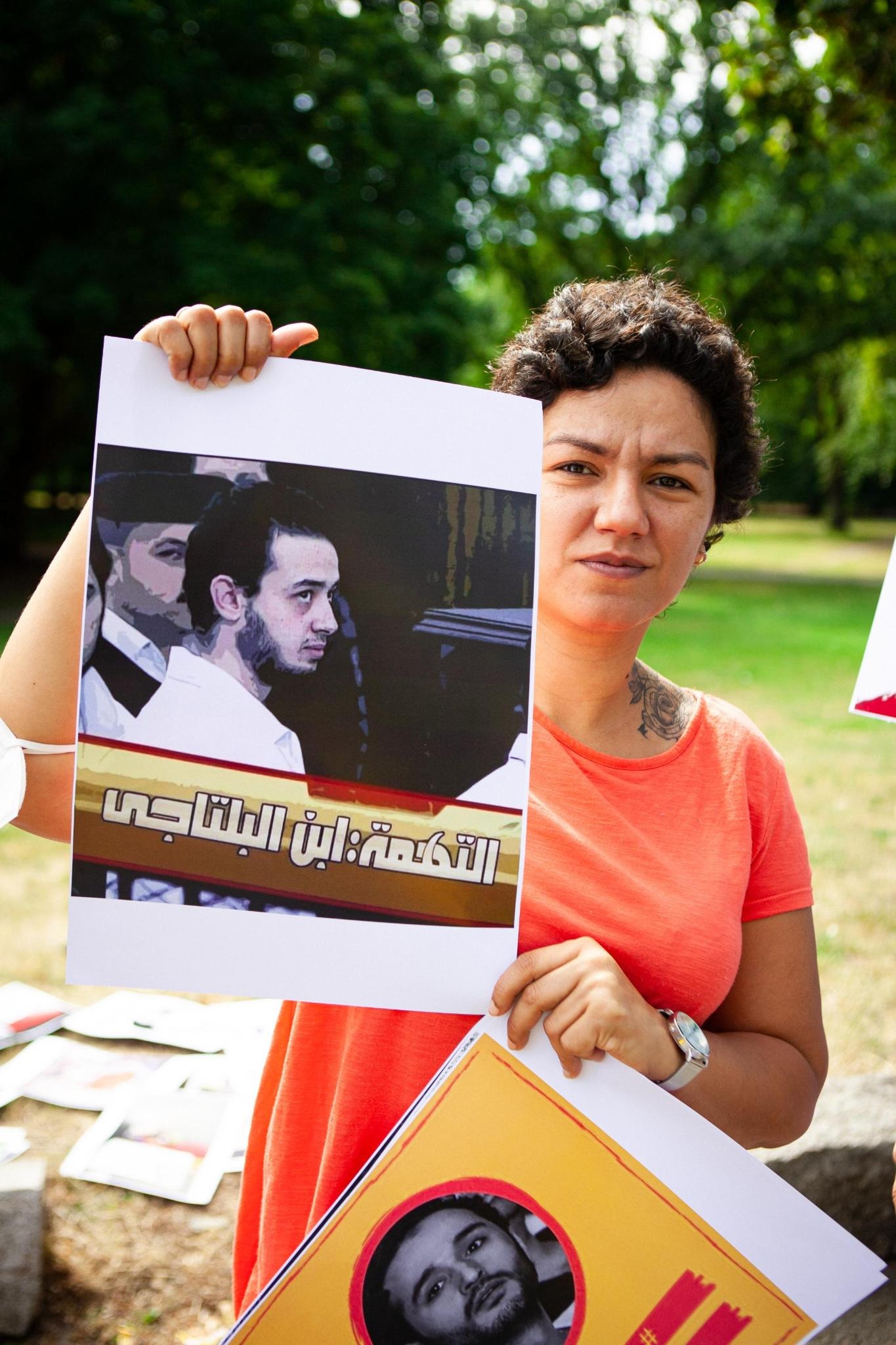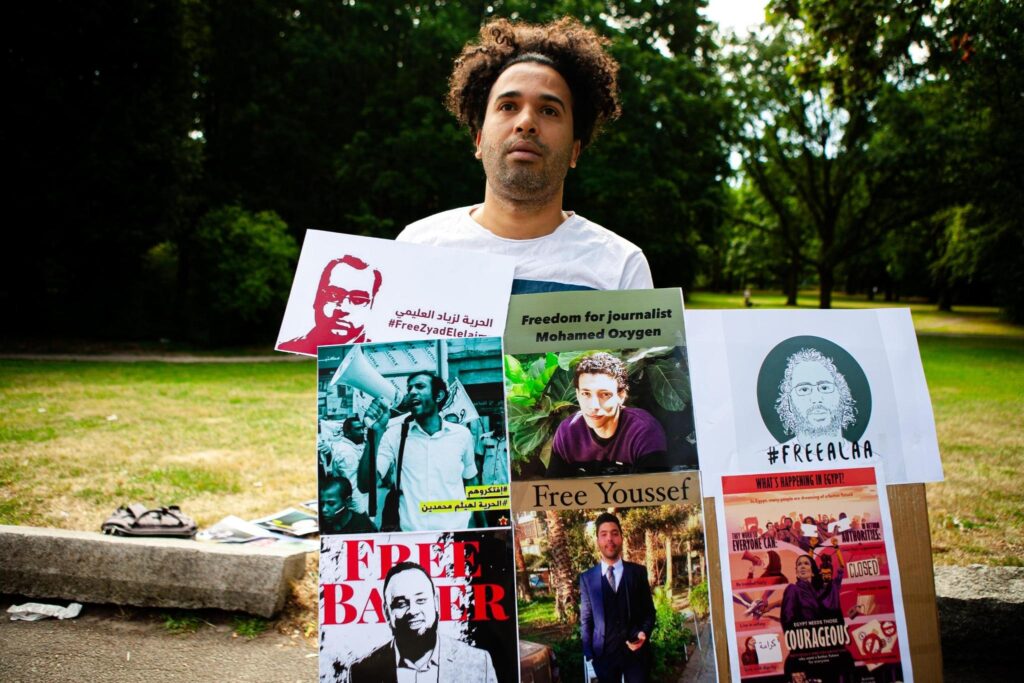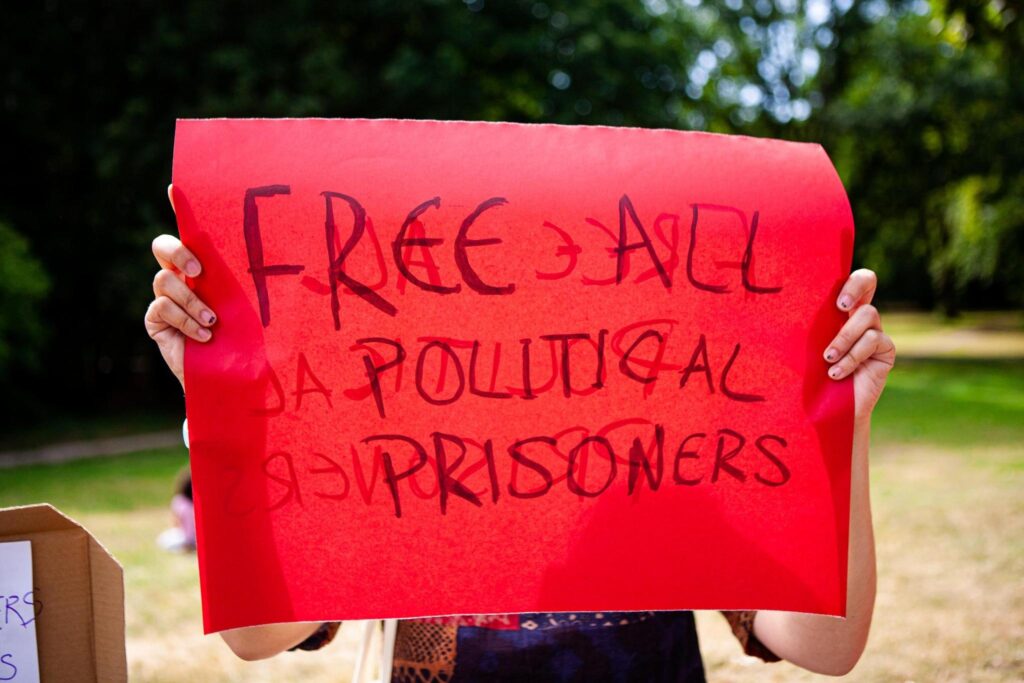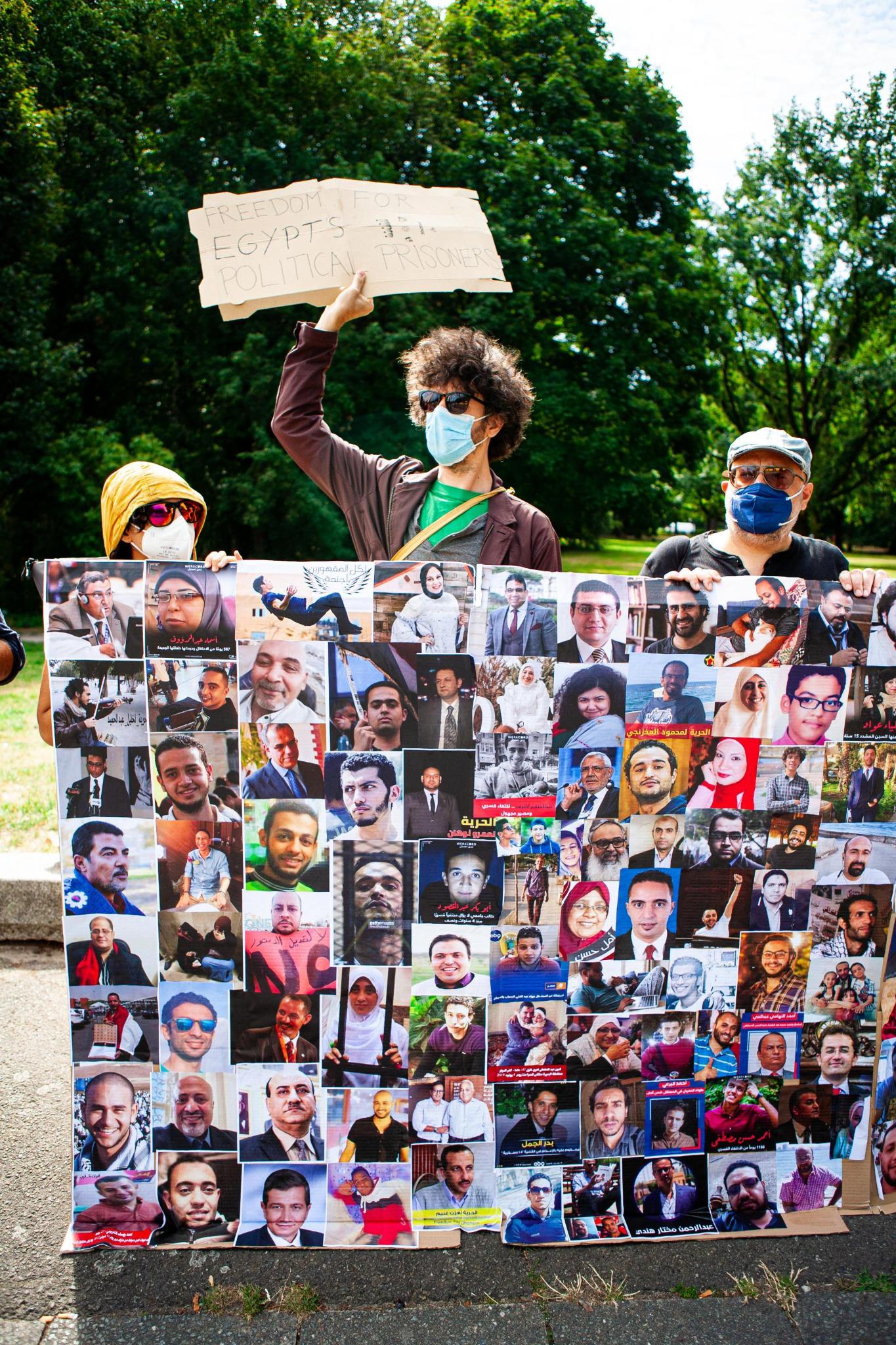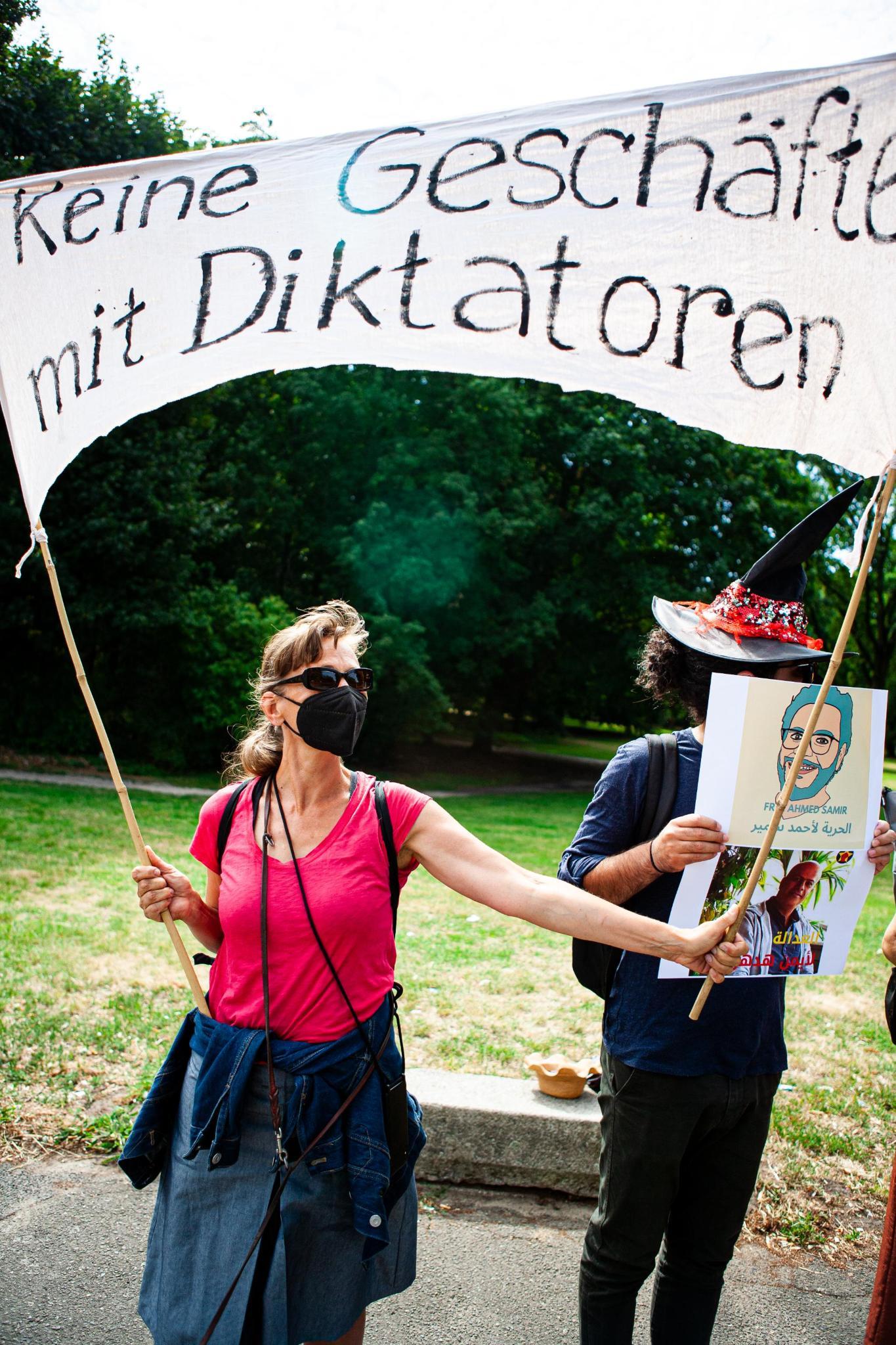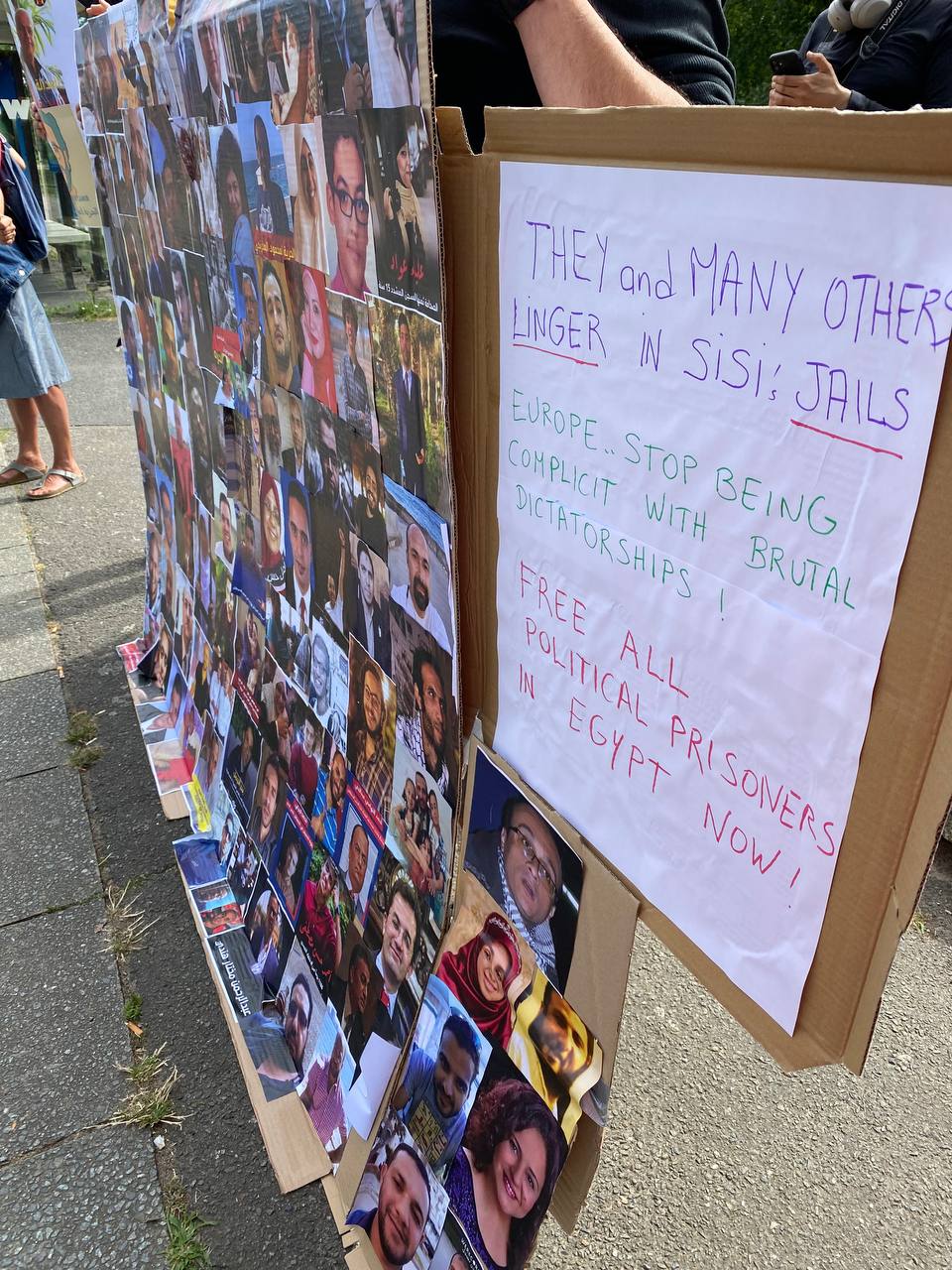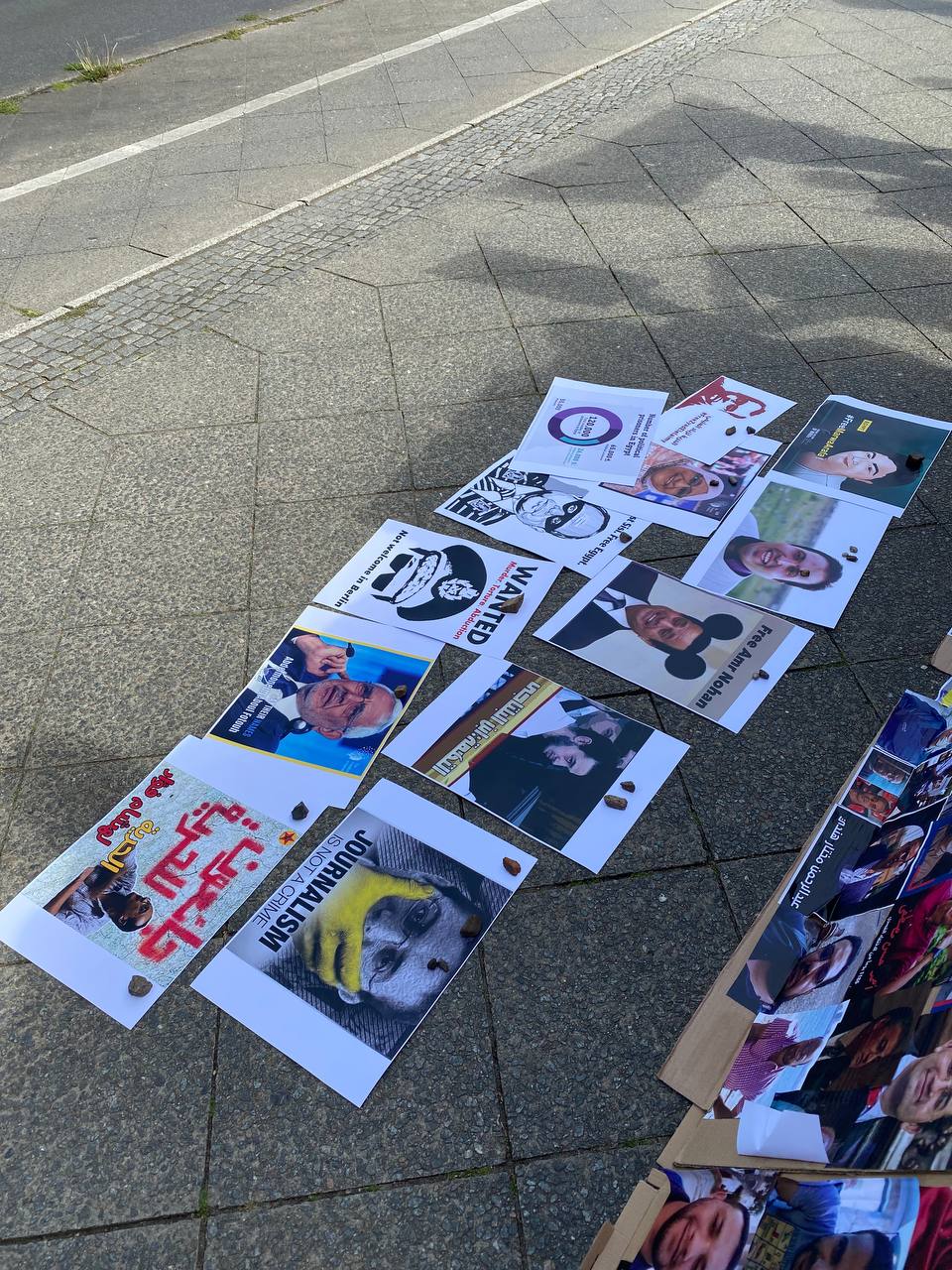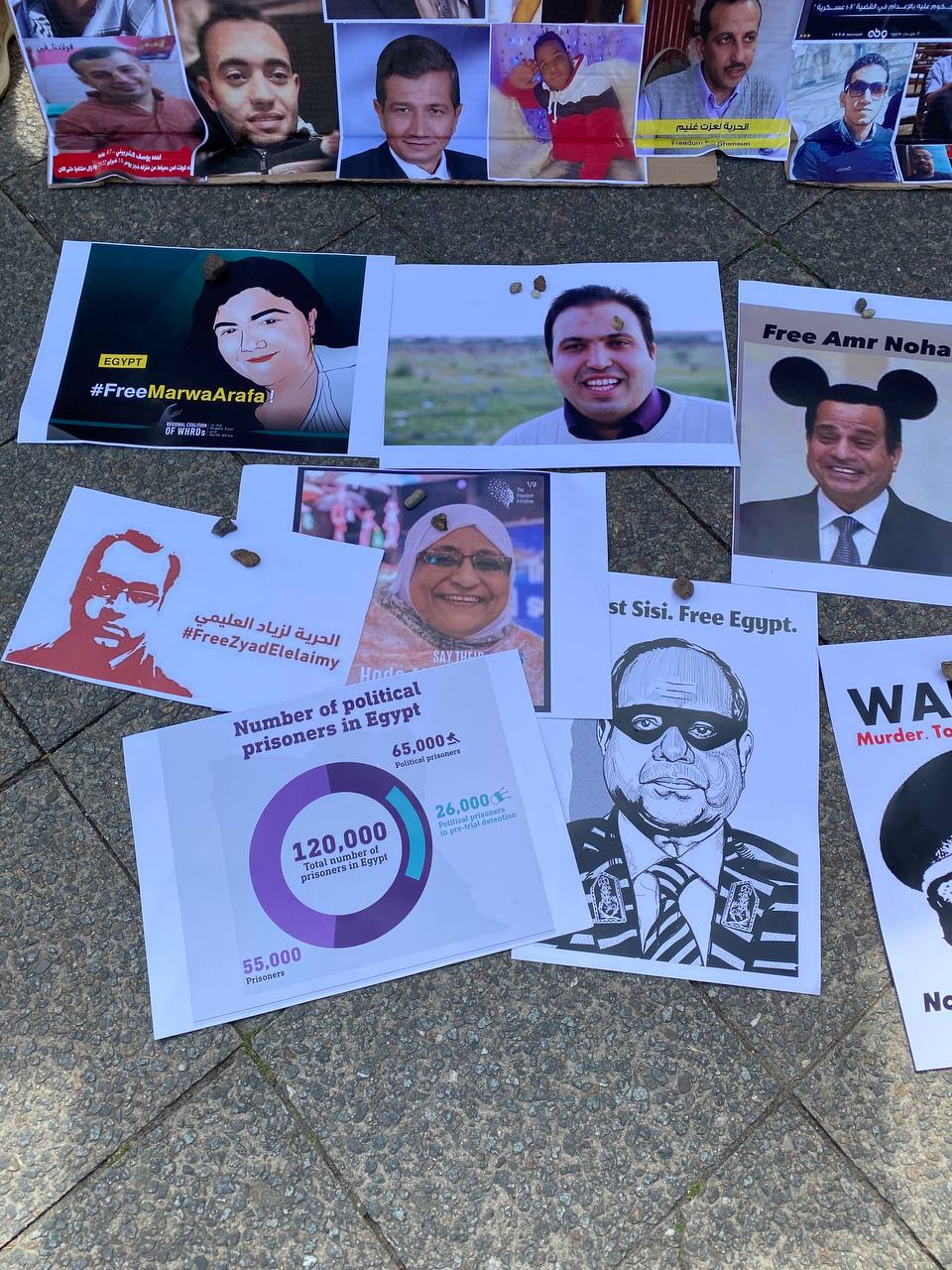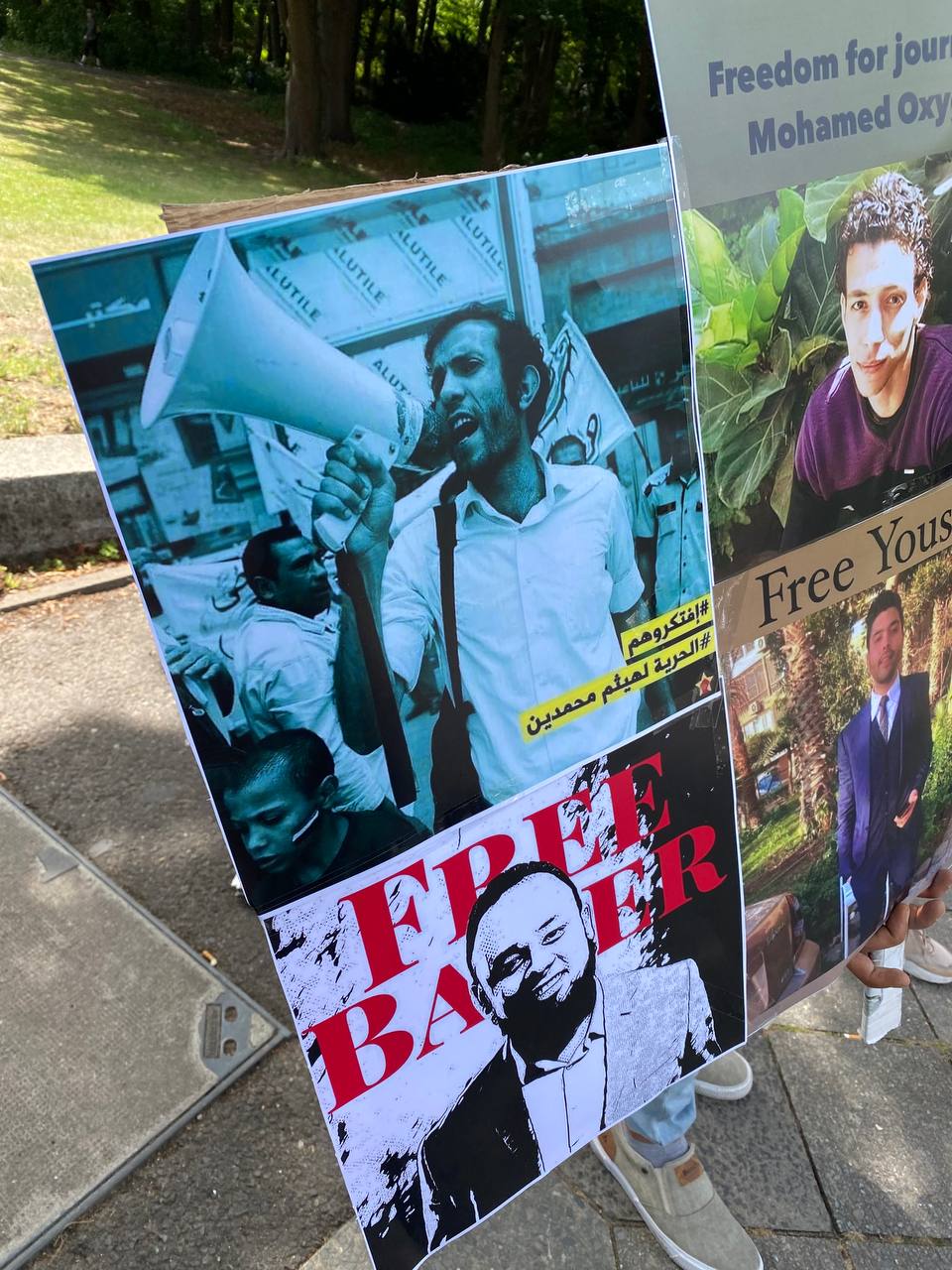18th July 2022, Samos, Greece.
Addressed to:
- Executive Director ad interim of The European Border and Coast Guard Agency, Aija Kalnaja
- Frontex Management Board Chairman, Alexander Fritsch
- The Fundamental Rights Officer, Jonas Grimheden
To the attention of:
- The Consultative Forum of the European Border and Coast Guard Agency
Frontex is obliged to monitor and ensure the compliance with fundamental rights during its operations. This stands in stark contrast with its operations in Greece, where Frontex both directly engages in and facilitates systematic human rights abuses. For this reason we, the undersigned organisations based on Samos, demand the agency trigger Article 46 of the European Border and Coast Guard Regulation (EU) 2019/1896 and take first steps towards terminating operations and operational support in Samos and in Greece.
There is sufficient evidence to prove a consistent and generalised practice of Greek national authorities infringing EU law, consisting of a pattern of violence, pushbacks against migrants and failure to fulfil search and rescue obligations
Article 46 paragraph 4 provides that: “The executive director shall, after consulting the fundamental rights officer and informing the Member State concerned, withdraw the financing for any activity by the Agency, or suspend or terminate any activity by the Agency, in whole or in part, if he or she considers that there are violations of fundamental rights or international protection obligations related to the activity concerned that are of a serious nature or are likely to persist”. The undersigned organisations note that Article 46 is neither an optional nor a discretionary power. Instead, the executive director is obliged to act where violations of fundamental rights or international protection obligations are of a serious nature and are likely to persist. We submit that pushbacks from Greece fulfil the criteria of violating both fundamental rights and international protection obligations, and are of a serious nature and are likely to persist. As such, Frontex must terminate any activity by the Agency in Greece.
There is sufficient evidence to prove a consistent and generalised practice of Greek national authorities infringing EU law, consisting of a pattern of violence, pushbacks against migrants and failure to fulfil search and rescue obligations. As published by Solomon and Forensic Architecture, from March 2020 to March 2022, “the Greek authorities carried out 1,018 deportations in the Aegean Sea, with at least 27,464 asylum seekers as victims […] The majority of illegal pushbacks of asylum seekers to Turkey are recorded in the wider Lesvos region, where 386 incidents are attributed. Samos follows with 194”. Likewise, in 2021 alone, Mare Liberum detailed the pushback of 5,000 people in the Aegean. 2022 has only seen pushback practices intensify, with pushbacks reaching their brutal zenith with people drowning after being pushed into the water without life vests. These are just a few examples of the overwhelming amount of information on the structural and flagrant disrespect for key provisions of the EU asylum acquis, as well the fundamental rights protected in the Charter. This includes information of the type referred to in the case law of the ECHR, including its numerous interim measures, and the CJEU, such as judgments by national and European courts, reports by UN and Council of Europe bodies, NGO reports, but also independent media coverage.
In March 2022, a pregnant woman lost her baby after being illegally detained by the Greek police on Samos who denied her appropriate medical treatment
Article 34 of the FRONTEX Regulation, which inter alia provides that: “1. The European Border and Coast Guard shall guarantee the protection of fundamental rights in the performance of its tasks under this Regulation in accordance with relevant Union law, in particular the Charter, and relevant international law, including the 1951 Convention relating to the Status of Refugees, the 1967 Protocol thereto, the Convention on the Rights of the Child and obligations related to access to international protection, in particular the principle of non- refoulement.”
Evidence From Samos
As human rights organisations on Samos we have an abundance of evidence that attest to Greek security forces pushing people back either by intercepting boats with asylum seekers or abducting those who reached Greek islands to set them adrift in Turkish waters; a clear breach of fundamental rights. For example, over a quarter of undersigned I HAVE RIGHTS’ beneficiaries report being subjected to at least one pushback from Greece. Most of these cases include treatment amounting to torture and inhuman treatment such as: severe beatings, some of which were so severe they brought on epileptic fits and in one case a premature birth following a pregnant woman being kicked in the stomach by the Hellenic Coast Guard; sexual violence; strip searches; being abandoned at sea on motorless life rafts; and the theft and destruction of belongings.
On Samos, Médecins Sans Frontières (MSF) regularly reports on groups they find in urgent need of medical treatment. On 6th June 2022, MSF reported that only in the last 10 days MSF assisted 135 people on Lesvos and Samos, who were hiding out of fear of being pushed back to Turkey. On 27th June 2022 MSF, reported providing medical first aid to a total of 84 people, including 7 pregnant women, 1 of whom gave birth in the forest, while hiding there fearful for their lives and security due to the real risk of being pushed back. In March 2022, a pregnant woman lost her baby after being illegally detained by the Greek police on Samos who denied her appropriate medical treatment. She had been among a group of refugees who had landed on the island a few days before, and had fled to hide because the Hellenic Coast Guard started shooting at them indiscriminately to try and catch them to push them back. Only last month, in June 2022, Alarm Phone documented two pushbacks, affecting a total of 56 people from the island of Ikaria and Greek waters close to Samos.
NGOs on Samos, as in other locations, receive messages from newly arrived asylum seekers who wish to contact the authorities in order to claim asylum. When these messages are passed to the authorities, MSF reports that in approximately 20% of interventions, no people are found. NGOs on Samos also routinely inform Frontex when contacted by new arrivals on the island. At the time of writing, none of the undersigned organisations has ever been informed about further steps Frontex has taken to ensure the guarantee of new arrival’s fundamental rights. This is despite the fact that the whole island of Samos falls under Frontex’s operational area. Instead we receive no response from the agency, including the Fundamental Rights Officer.
It is well documented that Frontex both directly and indirectly engages in pushbacks. This is despite these practices breaching key provisions of the EU asylum acquis, as well the fundamental rights protected in the Charter and Frontex having an obligation to “guarantee the protection of fundamental rights in the performance of its tasks”. [see for example the recent ECHR ruling Safi and Others v. Greece (application no. 5418/15)] As reported by Lighthouse Reports, Der Spiegel, SRF Rundschau, Republik and Le Monde, Frontex was actively involved in the pushbacks of at least 957 asylum seekers in the Aegean between March 2020 and September 2021. These actions were later disguised as “prevention of departure”.
Frontex is complicit in countless violations of fundamental rights committed by the Greek Coastguard, with Frontex’s own reporting system being “used to conceal pushbacks in the Aegean & gloss over agency’s involvement”. See for example, “FRONTEX, the European border and coast guard agency, was found to have been directly involved in 122 of these cases, while it is understood to have knowledge of 417, having logged them in its own operational archives, codified and masked as ‘preventions of entry”.
As well as facilitating fundamental rights violations, Frontex has systematically and on a mass scale failed to guarantee the protection of fundamental rights during their operations, as laid out in Article 34 of the Regulation (EU) 2016/1624. Therefore, the undersigned organisations on Samos, call on Frontex to trigger Article 46, as per subparagraph 4 regarding the violations of fundamental rights or international protection obligations, and take first steps towards terminating operations and operational support in Samos and Greece generally until the systematic practice of pushbacks ceases.
Signed:
- I HAVE RIGHTS.
- Samos Volunteers
- Samos Advocacy Collective
- Just Action
- Europe Must Act
- Still I Rise
- Human Rights Legal Project



